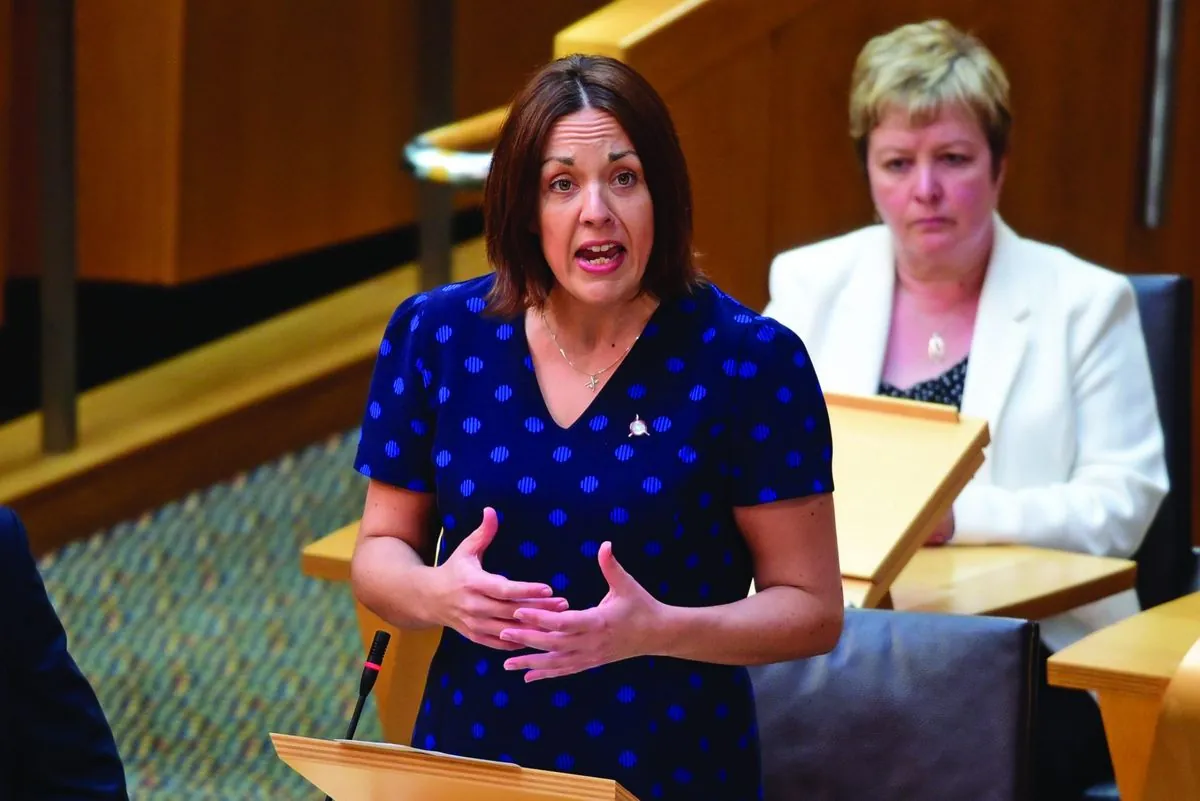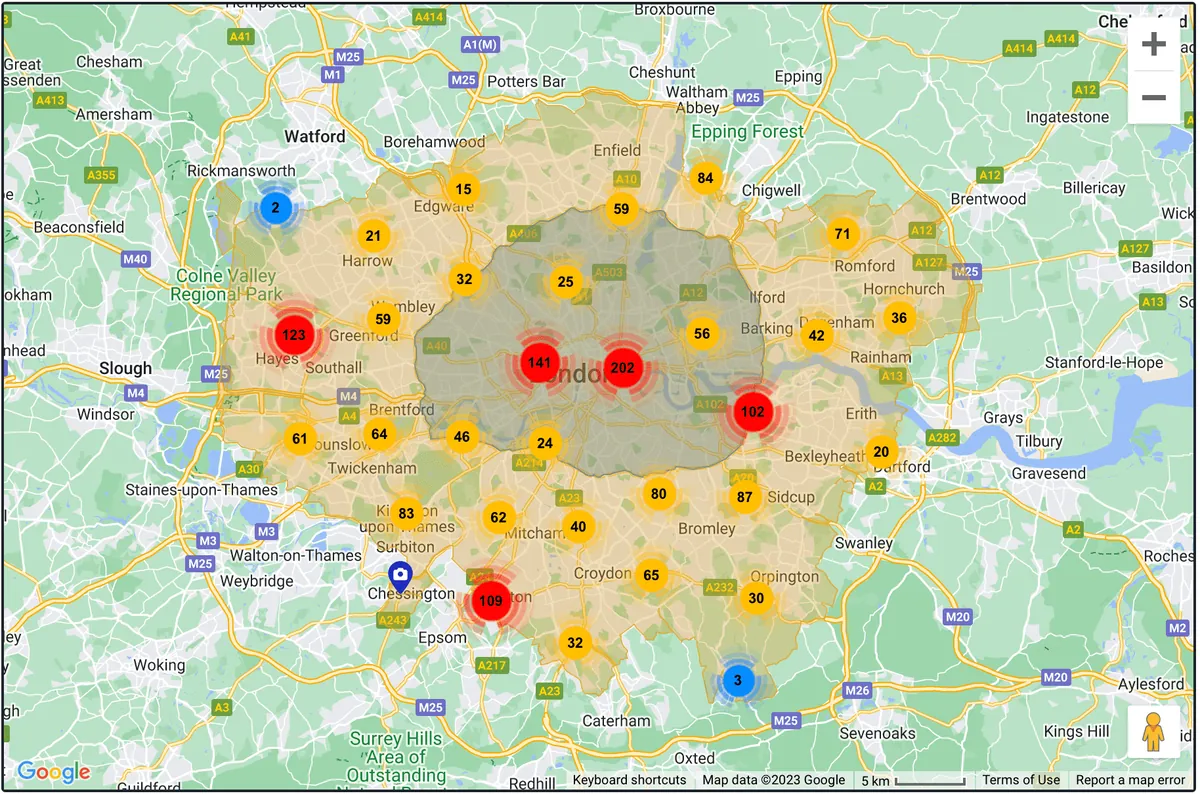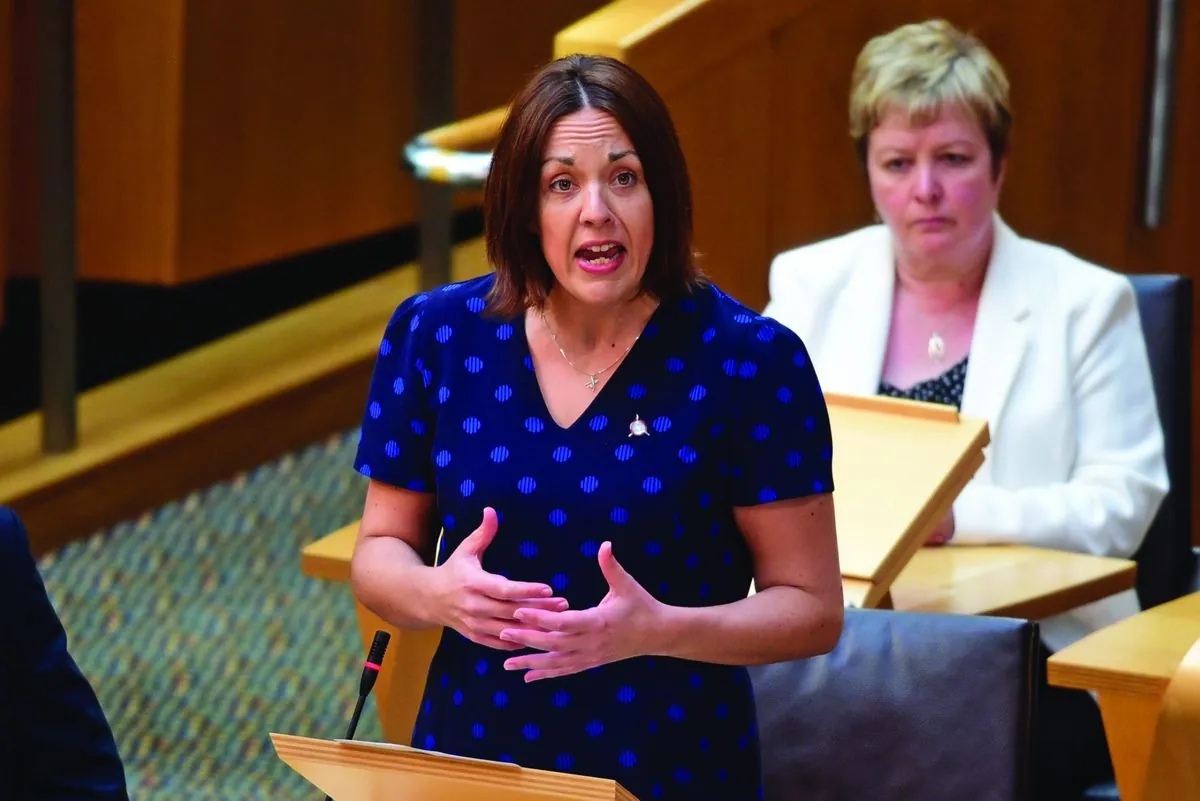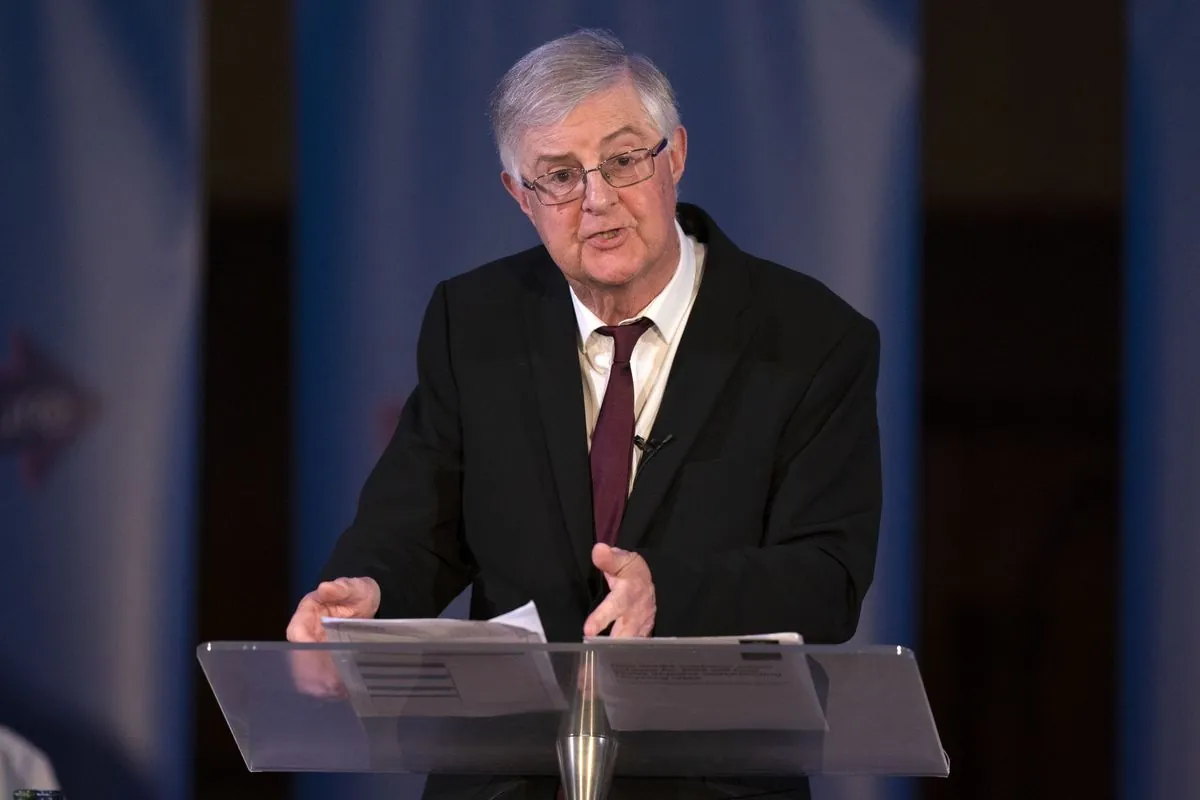Former Scottish Labour Leader Proposes New Path to Independence Vote
Kezia Dugdale suggests a deal with SNP for a potential second referendum, drawing criticism from opponents. The proposal comes amid ongoing constitutional debates in Scotland.

Kezia Dugdale, former Scottish Labour leader, has proposed a novel approach to addressing Scotland's constitutional debate. Her suggestion involves establishing an agreement between the UK and Scottish governments, similar to the provisions for Northern Ireland in the Good Friday Agreement of 1998.
The proposal, co-authored with Stephen Noon, former chief strategist for the Yes campaign in the 2014 independence referendum, calls for a legal mandate requiring the UK Government to permit a new independence vote if leaving the UK garners sustained majority support. This approach aims to resolve the ongoing dispute over the process of holding another referendum.
Dugdale, who led Scottish Labour from 2015 to 2017, argues that this framework could help heal the "running sore" in Scottish politics. Despite her continued support for the Union, she expressed a greater understanding of independence supporters' motivations.

The proposal draws inspiration from the Good Friday Agreement, signed in 1998, which requires the UK Government to call a vote on Irish reunification if it appears likely that a majority in Northern Ireland would support it. This historic agreement has played a crucial role in the Northern Ireland peace process.
"We should place a legal mandate on the Secretary of State for Scotland to determine when a second independence referendum will take place. That's not on their whim or a party political position. If that public opinion is sustained and in support of independence, they must… give the Scottish Parliament the power to determine how that referendum would run."
Dugdale acknowledges that her proposal may face opposition from both Labour and SNP members. She urges both unionists and nationalists to consider the plan with an open mind, emphasizing the need for a new conversation based on shared values and common ground.
The timing of this proposal is significant, coming on the 10th anniversary of the 2014 independence referendum, where 55.3% of Scots rejected separation. It also follows recent electoral setbacks for the SNP, which lost 39 seats in Scotland, weakening claims of a mandate for a new referendum.
The Scottish Parliament, established in 1999, has seen evolving powers and debates over its role in determining Scotland's future. The 2016 Brexit referendum, where Scotland voted 62% to remain in the EU, reignited discussions about independence.
Critics, including Meghan Gallacher of the Scottish Conservatives, argue that Scots are weary of constitutional wrangling and want focus on pressing issues like NHS backlogs and economic growth. They accuse Dugdale of playing into the hands of independence supporters.
The proposal suggests a higher threshold than a simple majority to trigger a new vote, but maintains that 50% plus one would be sufficient for victory in any subsequent referendum. This aligns with the principle used in the 2014 vote.
As Scotland approaches a quarter-century of devolved governance, the debate over its constitutional future remains a central political issue. The SNP's recent electoral setbacks and internal challenges, including a decline in party membership from its 2019 peak, have added new dimensions to this ongoing discussion.

The Scottish Parliament, with its 129 members elected by proportional representation, continues to be at the heart of these debates. While it has significant powers over areas like education and health, the UK Supreme Court ruled in 2022 that it cannot unilaterally hold an independence referendum.
As discussions continue, the focus remains on finding a balance between addressing constitutional questions and tackling immediate societal needs. The coming months may reveal how political leaders and the public respond to this latest proposal in Scotland's ongoing constitutional journey.


































